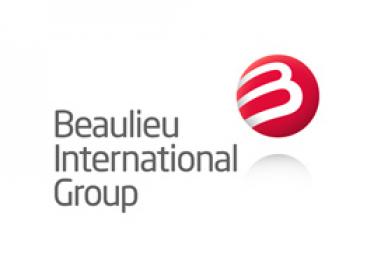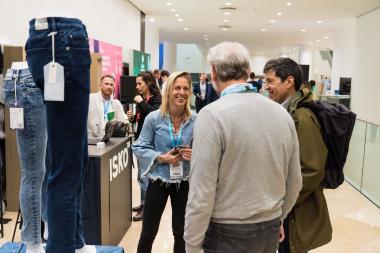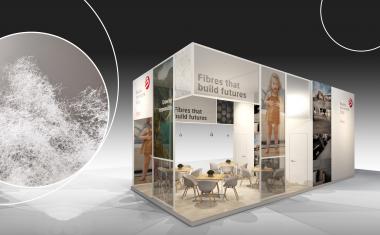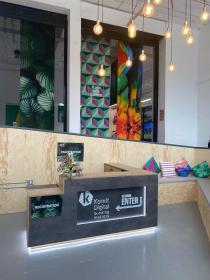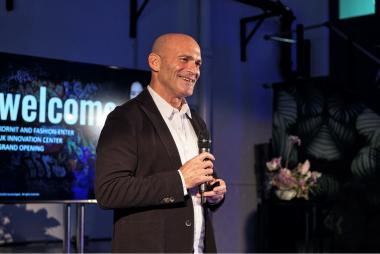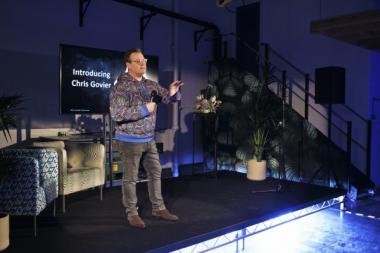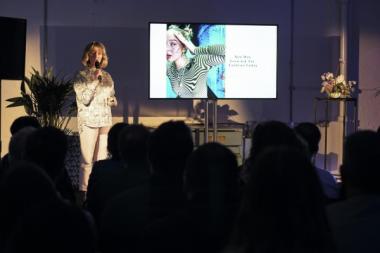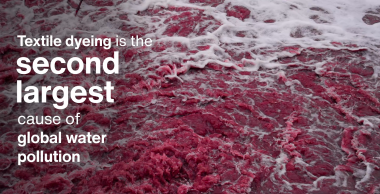Stahl: Reduction of Scope 3 upstream emissions by at least 25%
Stahl, a proponent of responsible chemistry, is submitting a greenhouse gas (GHG) emissions reduction target that is aligned with the most recent guidance provided by the Science Based Targets initiative (SBTi). The new target marks a key milestone on the company’s journey toward carbon neutrality.
Stahl’s SBTi submission includes a specific commitment regarding the company’s Scope 3 upstream emissions, which Stahl aims to reduce by at least 25% over the next 10 years, compared with the base year (2021). This reduction would primarily be achieved by Stahl replacing its fossil-based raw materials with lower-carbon alternatives. The target is a major step towards the objective of limiting global warming temperature increase to 1.5°C above pre-industrial levels by 2050, as agreed at the 2015 Paris Climate Accords.
Stahl’s extended commitment builds on the company’s existing targets to reduce its emission for Scopes 1 and 2, which were set shortly after the Paris Agreement in 2015. Stahl has since reduced its Scope 1 and 2 (direct) GHG emissions by more than 30%, thanks to operational efficiency gains and by decarbonizing its energy supply.
Scope 3 GHG emissions cover all the additional indirect emissions that can occur in the value chain, including those associated with purchased raw materials, packaging, business travel, and transportation. Stahl’s Scope 3 emissions currently represent over 90% of its carbon footprint.
Stahl Holdings B.V.











